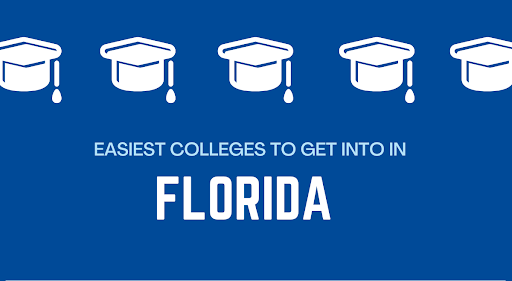What are the Common Types of Knowledge Used in Organizations

We’ve all had experiences at work that taught us something new. Maybe you learned how to use a complicated program by watching a colleague or figured out the best way to handle an upset customer through trial and error.
There are various forms of knowledge, some more commonly used in organizational settings than others. So, let’s break down some familiar forms of workplace wisdom.
Explicit Knowledge Definition
Most people think of “knowledge” as explicit knowledge. It aligns well with the standard knowledge definition – facts, specs, and processes that can be written down, stored in databases, and shared with others. Things like manuals, standard operating procedures, and product documentation – they all exemplify explicit knowledge.
For good reason, it serves as the backbone of how most companies function. Centralizing information saves everyone time and ensures consistency. It’s also simple to capture and update on the fly.
Implicit Knowledge
Implicit knowledge emerges from applying explicit facts and gaining new skills. For example, pilots learn not just from manuals but also from accumulating flight experience. Solving various workplace problems builds implicit knowledge over time.
Procedural Knowledge
While explicit knowledge nails the “what” and “why,” procedural knowledge rocks the “how.” It’s demonstrated through actions rather than reading about them. Know how to use Microsoft Excel like a pro? Congrats, you’ve got procedural knowledge!
Tacit Knowledge
Some forms of knowledge simply can’t be written down but are learned from rolling up your sleeves and diving into work. Tacit knowledge stems from experiences that shape gut instincts, hunches, and evaluating unfamiliar situations.
For example, a salesperson may effortlessly identify when a prospect is ready to buy by reading subtle social cues. An engineer knows how to rework a design by drawing on past projects that hit similar.
Declarative Knowledge
Declarative knowledge involves consciously understanding static facts, like annual goals communicated to staff. This fundamental knowledge helps apply procedures and share explicit details more effectively.
A Posteriori Knowledge: Subjective Insights
Experiences give rise to individually gained “a posteriori” insights about abilities like leadership or effectively handling tense discussions. While these lessons stem from personal experiences, making them unsuitable for formal documentation, a diverse workforce provides a breadth of applicable past lessons learned.
A Priori Knowledge: Logical Reasoning
Unlike a posteriori, a priori knowing stems from intuition and abstract thinking rather than evidence. Natural math or problem-solving talents exemplify it.
Bridging the Knowledge Types
Thankfully, different types of knowledge rarely exist alone but work together synergistically. Consider troubleshooting as an example: you can reference explicit knowledge in manuals, apply procedural skills learned over time, and use tacit instincts to think outside the box.
Likewise, training explicitly documents processes while enabling trainees to experience them practically. In other words, diverse forms of knowledge strengthen each other like puzzle pieces. The most innovative organizations seamlessly blend them all.
Knowledge Definition and Common Types: In Sum
Turning information into actionable intelligence requires an ecosystem of interlinked knowledge types. Try viewing workplace learning holistically, whether tasked with knowledge management duties or simply doing your job. This approach supports teammates in their roles while pushing the business forward.




